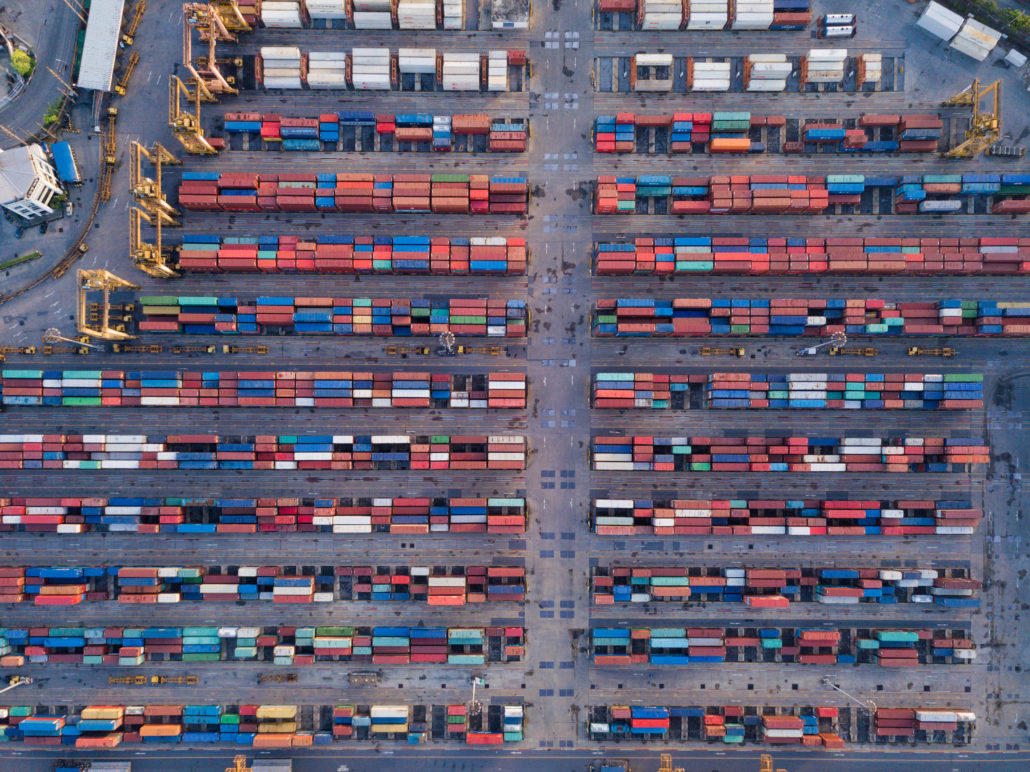In last week’s blog, we looked at how the blame for supply chain crises, despite their often being global and relating to the operations of private companies, can often fall to governments. Using the baby formula shortage in the United States as a case study, we looked at the political effects and risks involved with governments not acting to successfully mitigate the ways that supply chain disruption affects ordinary consumers. In this week’s article, we will examine how the UK Government’s ongoing supply chain strategy has succeeded or fallen short in addressing the disruption and shortages felt across the country.
Communication during supply chain crises
The first area we will look at is how governments explain and communicate supply chain disruptions to the public. The explanations that the UK Government has applied to the current supply chain disruptions have met mixed results. They have correctly pointed out that supply chain disruption is an issue that the entire world is facing, rather than one simply affecting UK consumers. For example, they have cited factors such as the rising demand for goods in a world recovering from a pandemic.
The Government has also been more honest in acknowledging the role that leaving the European Union has played, particularly relating to labour shortages. Firms are having to adapt to post-Brexit immigration rules and can no longer recruit EU staff at the lower wages they were previously. We see the importance of explaining disruption properly to the public when weaknesses in the Government’s communication strategy made the panic buying of fuel worse, although ministers, such as Transport Secretary Grant Shapps, have tried to distance the Government from the crisis.
Establishing new bodies to monitor the crisis
The second area relates to the Government’s continued use of existing and establishing new internal structures to watch and respond to the crisis. The government announced a National Economic Recovery Taskforce to co-ordinate government departments responsible for the food chain and address the shortage of HGV drivers by drawing on earlier preparations for a no-deal Brexit. Separately, the Government recruited former chief executive of Tesco, Dave Lewis, to advise on the Government’s response as co-chair of the Supply Chains Advisory Group. Existing organisations, such as Defra’s Food Resilience Industry Forum, which consists of food supply chain executives, has also helped to co-ordinate Government responses.
Using government policy to manage the supply chain crisis
The third area is Government policy measures that would address supply chain problems. A relevant example is those measures aimed at addressing the shortage of HGV drivers and involve relaxing regulations, such as supplying more visas to address labour shortages. Others measures that the Government are taking include committing financial support and increasing the ability of Government agencies. Existing policies, such as energy price caps, help alleviate the impact of supply chain problems. Government policies also have an important messaging function. For instance, a director-general at the Department for Environment, Food and Rural Affairs argued that issuing temporary visas for HGV drivers had reduced headlines about food shortages which could have otherwise invoked panic buying.
Industry reaction
Businesses have had a mixed reaction to the Government’s policy measures. Industry groups have welcomed the distribution of further visas, but one could also argue that such measures do not go far enough. The basic operations involved in temporary visa schemes are more bureaucratic than the free movement rules enjoyed across the European Union and the process requires complicated engagement with the Home Office. The schemes are also only open to small numbers of people, and the temporary nature of these still-limited visas may appear unattractive to EU nationals.
Other interventions by the Government, such as extending the driving hours of HGV drivers, have also been criticised. The Road Haulage Association has described it as a potentially counterproductive short-term solution by making the job less attractive.
Conclusion
In conclusion, the key functions that governments need to conduct when dealing with a supply chain crisis can be categorised easily. The first is straightforward, honest, and effective communication. The second is the full utilisation of Government and Government-adjacent institutions to advise on how best to deal with supply chain disruption. The third is bold and wide-reaching policy measures to best limit the effects on ordinary consumers, ensuring that they have access to the goods and services they need. Governments have a key role to play in helping supply chains deal with the effects of even the most global problems.
If you’d like to find out more about how to make your supply chain more resilient and mitigate the impact of supply chain crises, get in touch with us.
